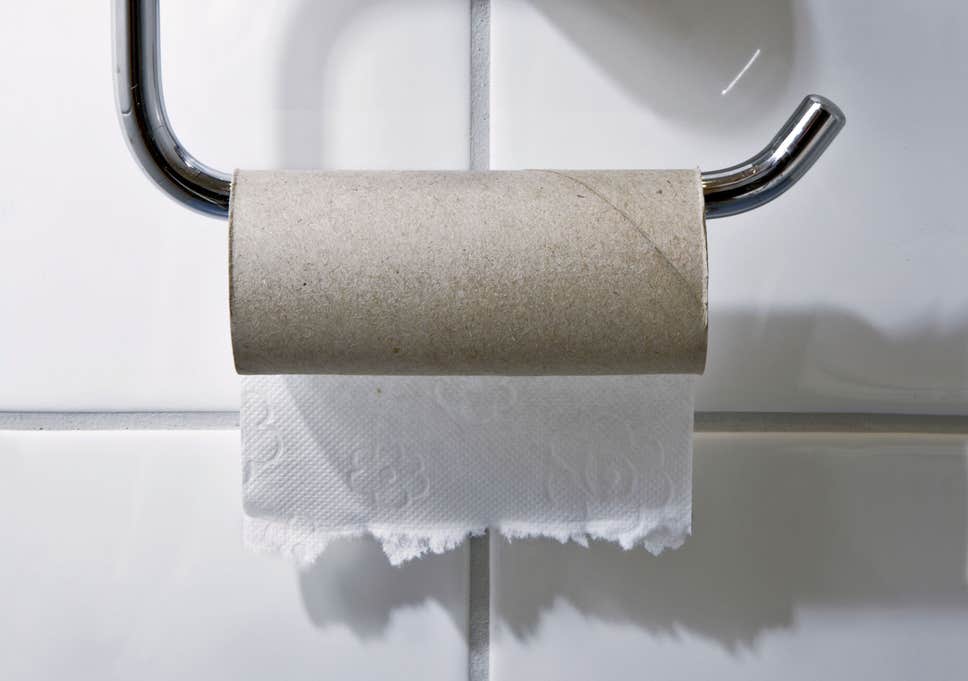
Letting go of the scarcity mindset
March 20, 2020This morning a caller phoned my local radio station and said that there were no seedlings in his local Bunnings store because that had become the latest frontier of panic buying. We have seen this happening for weeks across the world in supermarkets. Yesterday when I visited my local supermarket I was told at the checkout that I could not have four tins of tomatoes, only two. For my family of four this is no problem. Mr Morrison PM told us on Wednesday to “just stop it” regarding the panic shopping many Australians are doing. Perhaps it’s helpful to understand what’s driving this behaviour and to think about how we can change our collective behaviour.
We have come to this panic hoarding of food and other necessities because of a scarcity mindset, a belief that there will never be enough, so our actions and our behaviours come from a place of lack. The scarcity mindset is triggered by fear and survival mechanisms in our brain. When we are operating from this paradigm, we attend to what seems urgent, rather than from what is important. And we think in terms of winners and losers.
This is not unique to Australians, this is basic human behaviour and we have seen it all around the world during the COVID19 pandemic. Humans will always look after their survival before they can attend to anything else, our brains are hard wired for it and for the most part, over the course of our evolution, this survival mechanism has served us well.
The opposite of a scarcity mindset is having an abundance mindset. In this frame of thinking there is plenty for everyone, people focus on what they already have and on what they value (what’s important) and they make an effort to create a win-win situation. The predominant attitude is more like, we are better together.
Looking just at food, the Federal Government estimates that Australians waste five million tonnes of food every year, sending it largely to landfill. That’s $3,800 worth of groceries per household every year. We have plenty of food in Australia and COVID19 will not interrupt the supply of our food to the extent that we cannot feed our population. The response we are seeing is emotional, not rational and comes from the survival systems of our brain.
The great news is that people are able to change and adapt their thinking and attitudes and therefore their behaviour.
Our mind creates our reality, what we choose to focus on makes a difference to our mental and our physical health. What we focus on becomes our reality. This is often the work of therapy, training and coaching, processes that are designed to mould and shape our understanding of the world, so that we can create a different reality in our lives.
In these times of uncertainty there is so much we cannot control. We can control what we do internally if we choose to train our mind. To let go of the scarcity mindset and move to an abundance mindset try these ideas.
- Take a break, create a little bit of slack in your day to day life.
- Turn off the news and social media for several hours
- Get some exercise and some sunshine or outside air
- Practice mindfulness and train your mind through meditation- breath deeply and slowly rebalancing your nervous system.
- Catch up on some sleep and rest
- Build a routine, especially if you are at home in isolation for a while that includes the above and stick to it, having a structure gives you some sense of control which is important for your ongoing mental health. Make sure it includes slack time and enough sleep.
- Spend time connecting with others who have an abundance mindset. In this space you feel psychologically safe and your mental and physical health gets a boost. Keep in touch with these people, physical distance doesn’t mean you have to have social distance, as humans this is vital for our wellbeing.
- Have some fun, watch a funny movie, play board games or cards with other people in your home (not online) – wash your hands before and after, and resist touching your face.
- Practice gratitude. The research is very clear that a daily practice of gratitude will improve your mood and your mental health. Each morning or night appreciate what you have out loud or write it in your journal. This practice will truly build your abundant mindset over time.
In these unpredictable times we are all finding our new cadence, our new rhythm. No-one knows what will happen or how our world will really be post corona virus. Now that we are over the initial shock and awe of our new reality, let’s take this time to build a mindset that is focused on our collective good. The world can be a better place, and often is after mother nature holds a mirror up for us to see ourselves. In the meantime, I’m quite enjoying visiting the supermarket often for small amounts of necessities, it means I’m walking much more often!
Sharee Johnson works as a psychologist, executive coach and meditation teacher who lives in Gippsland and consults with people all around Australia, in person and online.
To learn more and discuss coaching
This event was posted by Sharee Johnson.
Bookmark this event.
